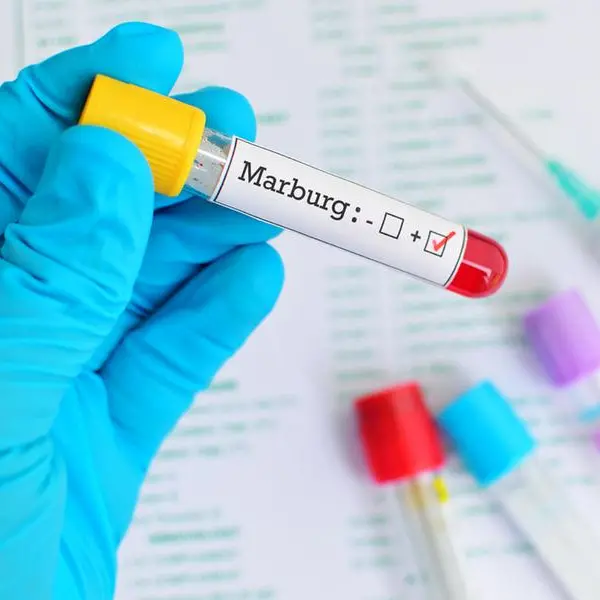PHOTO
SYDNEY - One of Australia's largest pathology providers said hackers stole medical data of thousands of patients, the country's second such breach in two weeks, deepening fears about how companies collect sensitive customer information.
The disclosure on Thursday sent shares of Australian Clinical Labs Ltd to their lowest point since listing last year, and extends a wave of hacks that has shaken the country's biggest companies. A day earlier, No. 1 health insurer Medibank Private Ltd said criminals took data of all 4 million of its customers.
ACL said it first knew of unauthorised access to the IT system of its pathology unit, Medlab, in February and received advice that no information was compromised. The government cybersecurity agency notified it in June that its data had been posted on the dark web, a system of websites only accessible through certain browsers.
The company said it then hired forensic analysts to study the "complex and unstructured" data-set found there, learning that 223,000 patients' data had been exposed, including medical and health records for about 18,000 people.
There was no ransom demand or evidence of misuse of the data, but "we recognise the concern and inconvenience this incident may cause those who have used Medlab's services and have taken steps to identify individuals affected", ACL Chief Executive Officer Melinda McGrath said in a statement.
Private equity firm Crescent Capital, which listed ACL in 2021 and holds 23% of its shares, declined to comment. Crescent sold 14.3% of the company in August, stock market filings show.
Outside of health providers, corporate Australia has been bracing since Sept. 22, when the country's second-largest telco, Singapore Telecommunications Ltd-owned Optus, disclosed a breach of up to 10 million customer accounts, equivalent to 40% of the country's population.
No. 1 grocery chain Woolworths Group Ltd then revealed that the data of millions of customers using its bargain shopping website had been compromised. A raft of smaller and unlisted companies have also made breach notifications, prompting lawyers to question the amount of data that private enterprises are allowed to collect, and for how long.
"When it's your health information, it's a significantly different, more onerous, more impactful data breach, which is why the law recognises you're supposed to do more," said Alec Christie, a partner at corporate law firm Clyde & Co who specialises in cybersecurity and privacy.
Australia has said it plans to fine companies up to A$50 million ($32 million) for failing to prevent data breaches, but Christie said damages awarded for thefts of medical data were typically higher than for other personal data because of non-economic harm like mental health repercussions.
($1 = 1.5430 Australian dollars)
(Reporting by Shashwat Awasthi; Editing by Anil D'Silva, Devika Syamnath and Gerry Doyle)





















